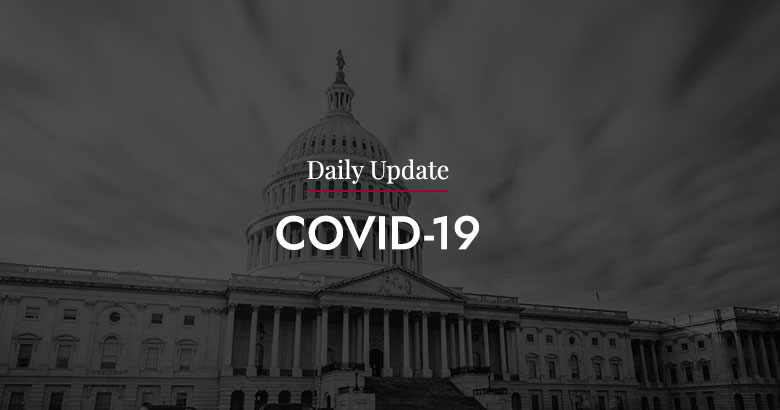FFCRA – What Changed for 2021?
The Families First Coronavirus Response Act of 2020 (“FFCRA”) expired, however, employers may still be able to receive a tax credit for voluntarily offering sick pay and family leave to employees.
As of April 2020, the FFCRA mandated that employers with fewer than 500 employees, and certain governmental employers, provide emergency paid “sick leave” and paid expanded “family and medical leave” to eligible employees. Since the pandemic has continued into 2021, many people had hoped that the FFCRA might have been extended to keep its adequate paid-leave benefits in place a while longer. That did not occur. The federal government, however, hasn’t abandoned the subject entirely: The new COVID Relief Bill signed into law on December 27, 2020, allows employers, on a voluntary basis, to continue to provide such leave through March 31, 2021, in exchange for a payroll tax credit.
FFCRA Leave Requirements Expired on December 31, 2020.
The emergency paid “sick leave” and expanded “family and medical leave” requirements of the FFCRA are no longer mandated as of December 31, 2020. This means that, unless new (and at this point unexpected) legislation is passed, an employee is not entitled to FFCRA-leave after December 31, 2020, for COVID-19-related reasons.
With the end of the COVID-19 pandemic not yet in sight, most employers confront the same questions that they did before the enactment of the law. How should an employer handle an employee’s request for leave when he or she has been diagnosed with COVID-19 or needs to stay home to care for a child whose school or childcare provider is not available due to the pandemic? Employers may choose to modify paid and/or unpaid leave policies. Another option is for employers to continue to provide paid leave and seek further FFCRA tax credits, which we address next.
Employers Can Take FFCRA Tax Credits Through March 31, 2021.
The COVID Relief Bill allows employers another calendar quarter of paid leave tax credits. The Bill (“Extension of Credits for Paid Sick and Family Leave”) amends certain provisions of the FFCRA to allow employers to take a payroll tax credit for providing emergency paid “sick leave” and paid expended “family and medical leave” into the first quarter of 2021 for two purposes: (1) to recover costs of providing required FFCRA leave in 2020, and (2) to voluntarily provide paid emergency “sick leave” and emergency “family and medical leave” through March 31, 2021. In other words: (1) if an employee took FFCRA-required leave in 2020, then the employer can take the appropriate tax credits in 2021; and (2) if an employer elects, voluntarily, to provide paid leave to an employee for an FFCRA-qualifying reason in Q1 of 2021, then it can take payroll tax credits for providing such paid leave.
Employers Should Ensure Accurate Recordkeeping of COVID-19 Related Leave.
If an employer chooses to voluntarily provide FFCRA leave between January 1, 2021, and March 31, 2021, and seek the tax credits, then it must keep accurate records and comply with limits on paid leave imposed by the FFCRA. The FFCRA provides limitations of up to 80 hours of emergency paid “sick leave” and up to twelve (12) weeks of paid emergency “family and medical leave”. Such limits apply to the available payroll tax credits. In other words, if an employee exhausted FFCRA paid leave in 2020, then there is no new “bank” of FFCRA paid leave for 2021, even if employers choose, voluntarily, to provide such leave. Employers must understand the amount of paid leave for which they can seek tax credits. Paid leave for which employers may not seek such credits should be separately tracked and administered in accordance with the employer’s leave policies.
Questions?
Should you have questions about this topic, or any other topics related to your personal or business situation, please contact us at any time.
DISCLAIMER: The WM Daily Update COVID-19, COVID-19 Business Resources and COVID-19 Client News Alerts and other related communications are intended to provide general information on legislative COVID-19 relief measures as of the date of this communication and may reference information from reputable sources. Although our firm has made every reasonable effort to ensure that the information provided is accurate, we make no warranties, expressed or implied, on the information provided. As legislative efforts are still ongoing, we expect that there may be additional guidance and clarification from regulators that may modify some of the provisions in this communication. Some of those modifications may be significant. As such, be aware that this is not a comprehensive analysis of the subject matter covered and is not intended to provide specific recommendations to you or your business with respect to the matters addressed.


